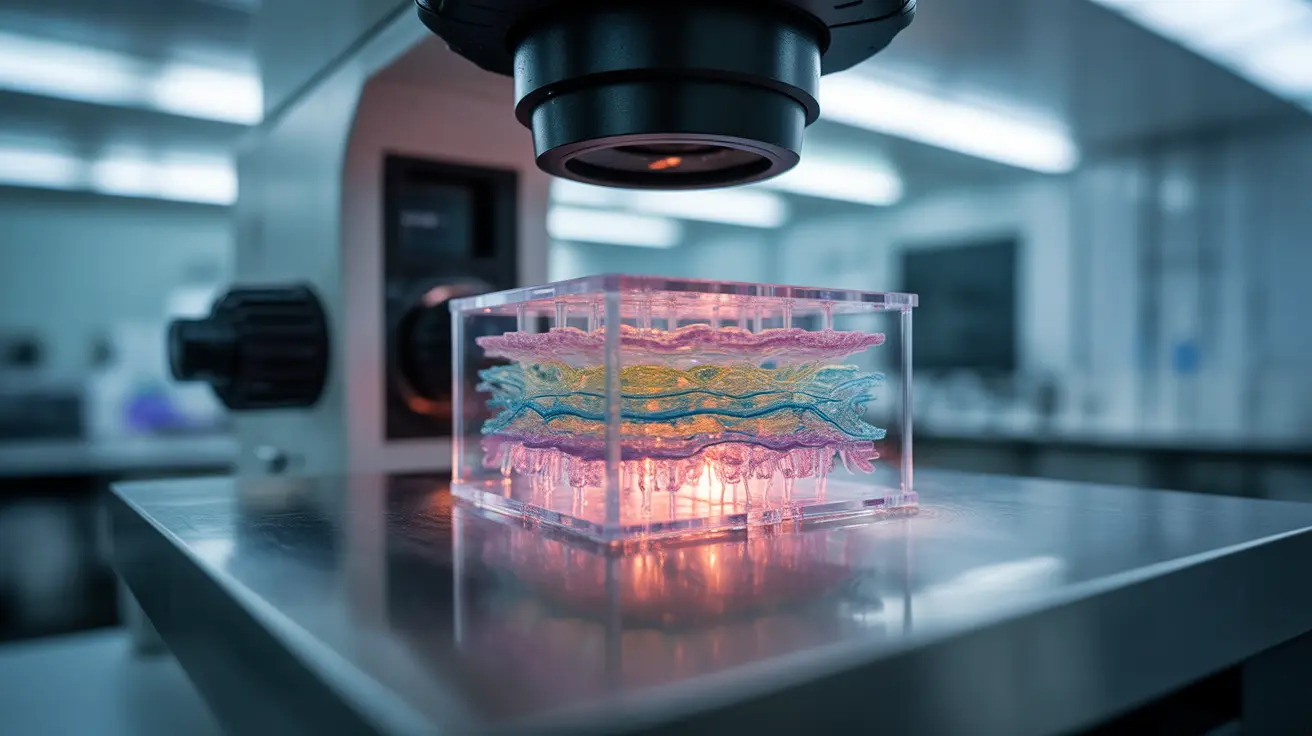Advanced Technologies Leading the Way
AI-Driven Innovation in Drug Testing
The push for animal testing alternatives comes alongside remarkable advances in artificial intelligence and computational modeling. These technologies offer promising alternatives for initial drug screening and toxicity testing, potentially reducing the need for early-stage animal trials.
Organ-on-Chip Technology
One of the most promising developments in alternative testing methods is organ-on-chip technology. These sophisticated devices simulate the function of human organs on a microscopic scale, allowing researchers to observe drug reactions in a controlled environment that better represents human biology.
Cell-Based Assays and Modern Research Methods
The integration of cell-based assays represents another crucial advancement in reducing animal testing. These methods utilize human cell cultures to evaluate drug responses, providing valuable insights into potential therapeutic effects and safety concerns before moving to more complex testing phases.
Regulatory Framework and Safety Considerations
FDA Modernization Act 2.0
The initiative aligns with recent regulatory changes, particularly the FDA Modernization Act 2.0, which provides greater flexibility in testing methods. This legislation supports the adoption of non-animal testing alternatives while maintaining strict safety standards for drug development.
Balancing Innovation and Safety
While the MAHA plan promotes alternative testing methods, it acknowledges that some animal testing remains necessary for comprehensive safety evaluation. The approach focuses on reducing rather than eliminating animal testing, ensuring that new drugs and treatments remain safe and effective.
Impact on Biomedical Research
The shift toward animal testing alternatives promises to accelerate drug development timelines while potentially improving the accuracy of early-stage research. These advanced methods may better predict human responses to new treatments, leading to more efficient drug development processes.
Frequently Asked Questions
What is the MAHA plan and how does it aim to reduce animal testing in biomedical research?
The MAHA (Make America Healthy Again) plan, led by HHS Secretary Robert F. Kennedy Jr., seeks to phase out animal testing in federal biomedical research by promoting advanced alternatives like AI models, organ-on-chip technology, and cell-based assays to improve animal welfare and research quality.
Which alternative technologies are being developed to replace animal testing in drug development?
Key alternatives include AI-driven toxicity modeling, organ-on-chip systems that simulate human tissue, and cell-based assays using cultured human cells. These methods aim to provide faster, more humane, and potentially more accurate testing compared to animal models.
How will the reduction of animal testing impact pet owners and pets?
Reducing animal testing, especially on higher-order species like dogs and primates, aligns with growing public concern for animal welfare. It may also speed up drug development, leading to safer and more effective treatments that benefit both humans and animals.
Conclusion
The integration of animal testing alternatives into the MAHA plan represents a significant step forward in modernizing biomedical research. While maintaining necessary safety standards, this initiative promises to advance both scientific progress and animal welfare considerations. As these technologies continue to develop, they may reshape how we approach drug development and testing in the years to come.






